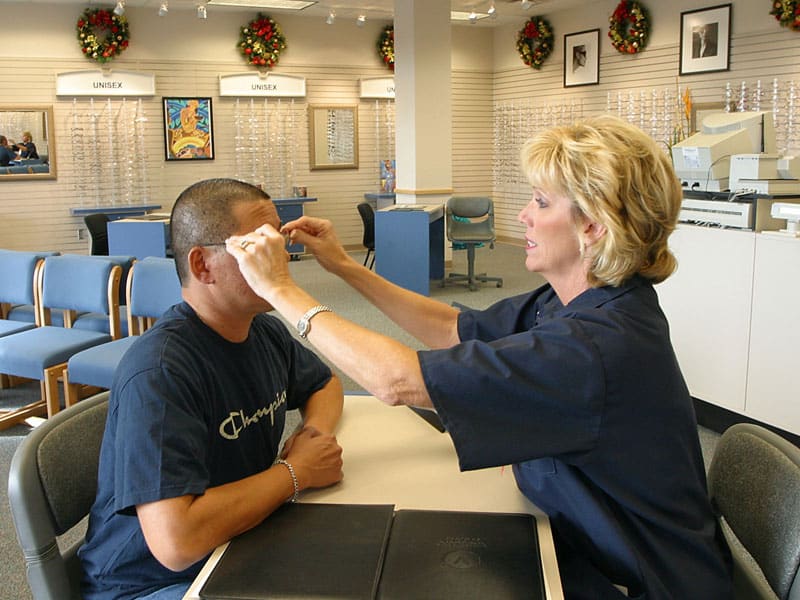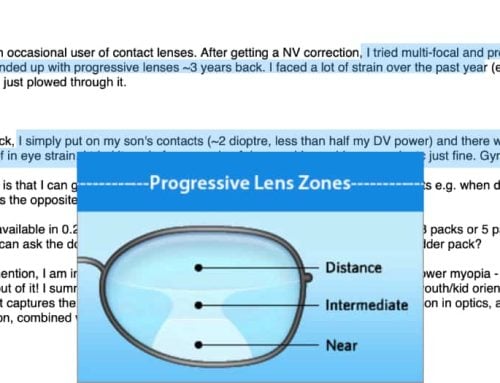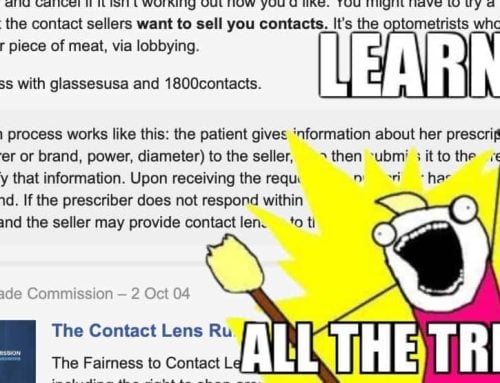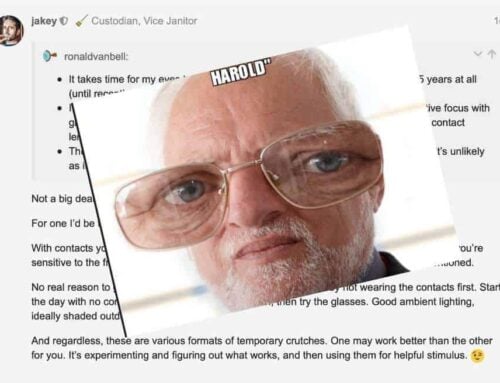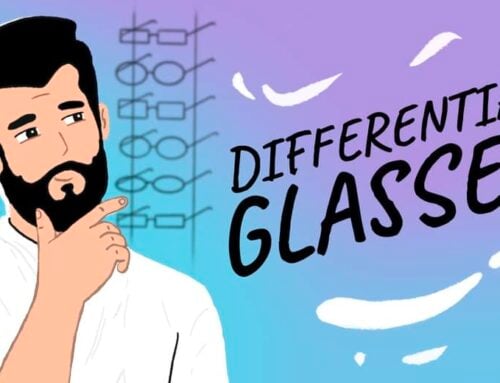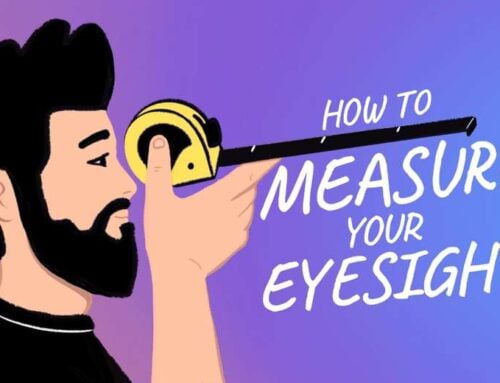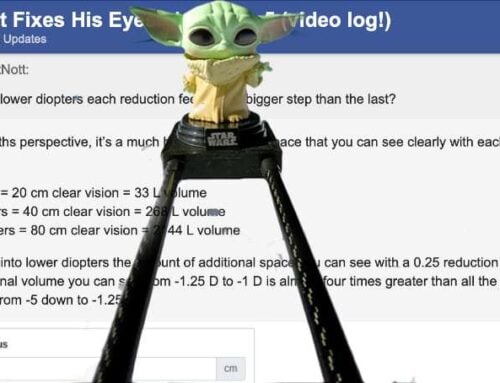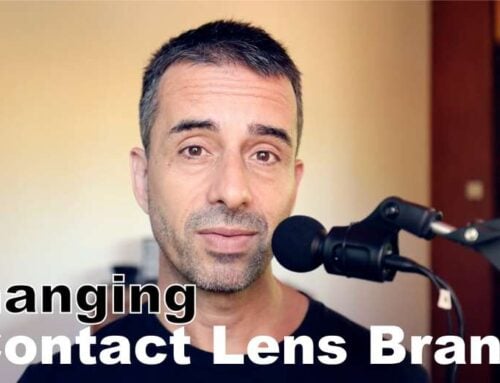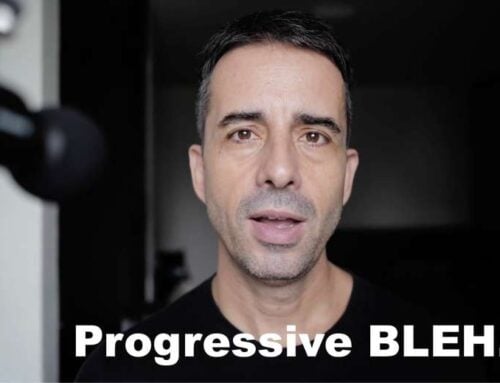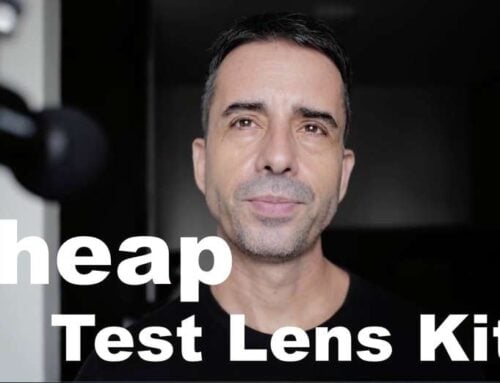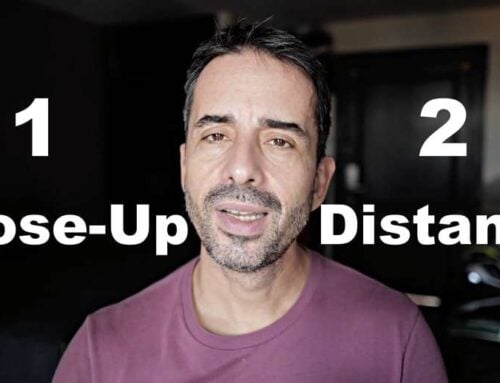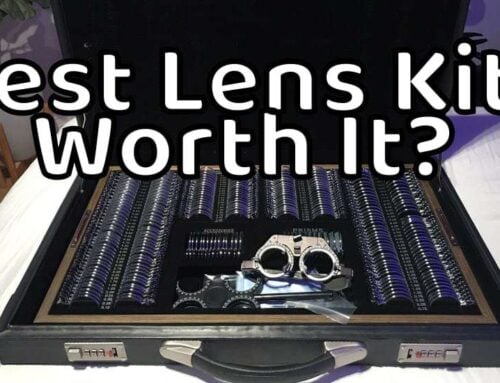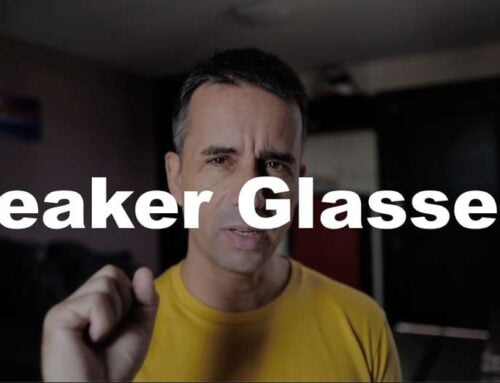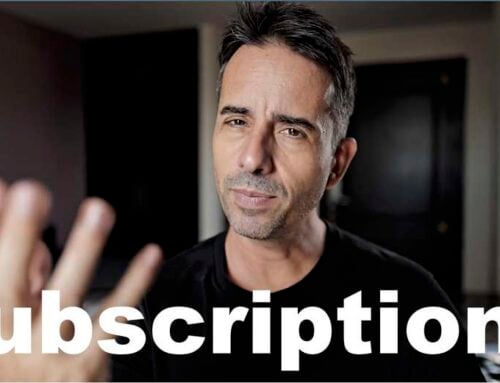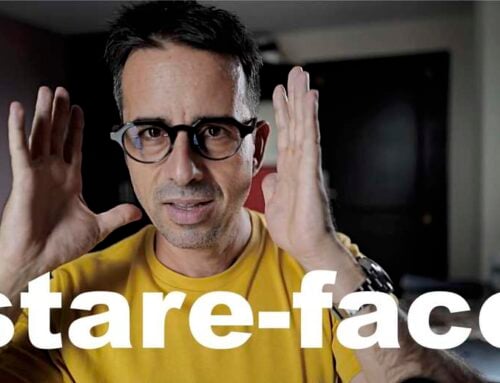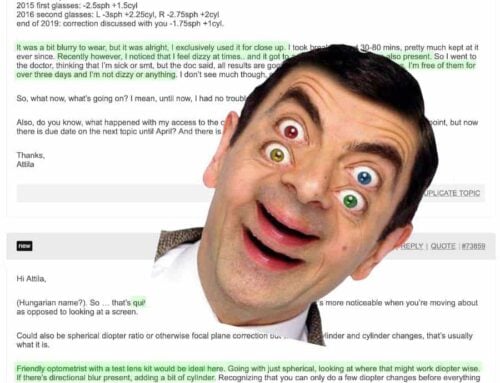One of the posts today in the forum reminds me about the topic of lens quality.
Whenever I have (not Internet) students with high myopia or generally sensitive eyes, I usually send them to one of the more fancy opticians. Why? Because there really is a pretty wide range of lens quality, and if you’re sensitive you will notice a real difference.
I’ve seen heavy migraines completely eliminated, and many other symptoms that go back to eyesight go away, with just a lens change (getting away from cheap glasses).
JJ comments in the forum:
You sometimes find me saying that you shouldn’t use plus lenses from a convenience store for more than short term testing. A proper optician quality lens is always worth investing in.
Without getting into the really long version, here’s what you want to know about the topic of lens quality:
The person who you go for a vision checkup, might not be an optician. I generally recommend an annual checkup from a good ophthalmologist (an M.D.), usually one who isn’t in the lens dispensing business. You pay for the exam, not a lens sales consult (not unilaterally true obviously, but it’s a starting point).
Then you take that information to a dispensing optician. This person is ideally more the “lens nerd”, someone who knows a lot about the tech of various lenses, and can make a good recommendation based on your individual prescription. They’re entirely different specializations and you’re likely to get more useful knowledge by having one great ophthalmologist and one great optician.
If you’re a low myope and never get headaches or eye fatigue, none of this matters to you. Buying online at Zenni is just fine.
If you’re high myope and are making good progress reducing your prescriptions, aren’t made of money, and generally feel fine, this is also more just interesting for its own sake.
But if your eyes are driving you nuts, you feel an almost allergic reaction to putting on glasses, or looking at your computer, then you want to do a little investigating on this end. It’s not exactly easy to summarize this subject in a single post, though I’ll try to give you some of the basic starting points:
1. Separate prescribing from glasses/lens buying.
We already looked at that, a moment ago. You might find a great optometrist who does both. That’s fantastic. But if you’re just starting out, annual checkup at the ophthalmologist is the way to go. These guys tend to be better trained at recognizing a wider range of potential eye problems, are often more invested in diagnostic equipment, and aren’t rushing through a quick eye chart reading to sell you lenses.
If you fin an optometrist open to lowering your prescription, one who also happens to sell lenses, by all means support that business though!
2. Don’t fall for the sales pitch.
A lot of lenses are just re-brands, marketing talk, and fluffy fluff. If somebody is trying to sell you an eight hundred dollar lens, do some research first. I’ll show you were to look, in a moment.
Lens coatings are highly beneficial, and add almost no cost on the wholesale end. If you are asked to pay more than 10-15% of the lens cost for coatings, run. Best not to patronize shops that overcharge for simple things like lens coatings.
3. Determine what you need.
We talk about the difference between CR39 and poly lenses here in the blog, as well as lower and higher index lenses and how they are relevant for different degrees of myopia.
There’s no point in spending a lot of money if you are a -1.50 low myope. There are lots of ways to save a great deal of money if you are a high myope, right now in the process of frequent prescription reductions as you are improving your eyesight. There is no one size fits all answer to lenses. If you’re a member of BackTo20/20, the forum also has some excellent pointers on when to use contact lenses to save some money, and tricks to compensate for close-up use with some plus lenses. Lots of very helpful and money saving advice over in the forum.
4. If you need high quality glasses, find a true lens aficionado optician.
I can’t imagine a single scenario where you would want to go to some one-hour, chain store optic shop, and walk out with a pair of glasses having cost more than about 150USD. Most of the time those guys pay the lowest salaries, use the cheapest equipment, and aren’t exactly “crafting” a perfect fit.
And we also discuss here on ways to save a lot of money on buying your glasses.
While this is really (really) a topic worthy of approaching with healthy skepticism, the world of corrective lenses goes much deeper than you’d imagine. There are lenses that are fully custom made to your specific eyes, calculating eye movement and a number of other variables unique to your eyes (loosely called “freeform” lenses). Some lenses create the optical power from the front side of the lens, some from the back side, some from both. A whole host of factors have a slight impact on the quality of the resulting image projected onto your retinas.
Remember that all glasses are a varying degree of a poor substitute to natural vision. You’re always getting some degree of reduced visual quality. If you happen to be highly sensitive to this, then finding someone who really loves lens tech can make a real difference in your quality of life.
For a taste of how nerdy the lens discussion can get, head over to Optiboard.com’s forums. Threads like this one, people can get quite worked up over various lenses.
Again, remember. In many, many cases just getting a decent lens from a decent brand, with anti glare coating, in the index appropriate your your diopter values is just fine. Some of this gets into the same territory as for example the world of high fidelity audio, or custom home theaters. People get obsessed over minutiae that for most of us are indistinguishable.
But then for that one person with terrible migraines from computer work, that custom made high end lens can make a huge difference.
Questions about glasses & lenses? Drop me a line in the forum, or on the Twitters.
Cheers,
-Jake

